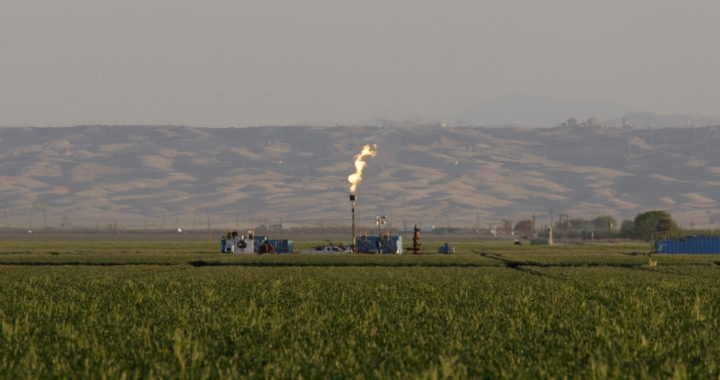Just because a pro-energy politician has begun to transition into the White House doesn’t mean things for the Colorado energy industry are getting any easier. This week, the industry faced attacks on a variety of fronts as anti-fracking protestors have begun to diversify their efforts by moving into the courtroom. This new round of legal effort undermines the overly positive impact of fracking on the state as a whole.
On November 23, the Colorado government played its part in helping to cancel the lease of some 25 oil and gas projects in the state of Colorado. The leases were located on the eastern edge of the natural gas-rich Piceance Basin. Though the initial round of cancellations was aimed at projects which weren’t producing, one of the companies who lost leases in the move, SG Interests, claims that the law used to deprive them of 25 leases could potentially be used to negate all 65 leases remaining in the area.
Concerned by the rising tide of propaganda designed to defame the process of hydraulic fracturing two state parks voiced their concerns about two “nearby” fracking projects on November 21. Officials from both Dinosaur National Monument and Rocky Mountain National Park came together to express their annoyance at two fracking projects that are more than four miles away from their closest border (six, in the case of Rocky Mountain National Park).
Finally, on November 18, Greeley residents sued state regulators over the announced construction of 22 new wells in the area. In that case, fortunately, governor Hickenlooper has backed up his state regulators, arguing that, “Our understanding is that the process was followed carefully.” In spite of that assurance, the suit will undoubtedly continue.
The rising tide of anger directed at fracking isn’t shocking. The general public is assaulted with anti-fracking imagery on a daily basis, which leads most to suspect that the practice is harmful for the planet. In fact, the process is integral to both the economy of the state and its environmental goals.
Earlier in the year, Colorado Governor Hickenlooper declared his intention to slash the state’s carbon emissions by 35 percent over the next 15 years. Of course, when he talks about the implementation of the plan, Hickenlooper doesn’t mention fracking, he talks about coal. In fact, Hickenlooper seems to believe that fracking is integral to meeting that goal. There’s science to back him up, too.
In terms of economics, clamping down on fracking would be terrible for the state’s economy. Reducing the practice could put a $7 billion dollar industry in jeopardy. Just check out these results from a study from University of Colorado Leeds School of Business:

To date, the fight to ban fracking hasn’t yielded many results for the niche interest groups looking to stop it, but their efforts continue to increase in intensity in spite of the fact that fracking itself could do its part to save the world (and keep Coloradans comfortable, while it’s being done.)

